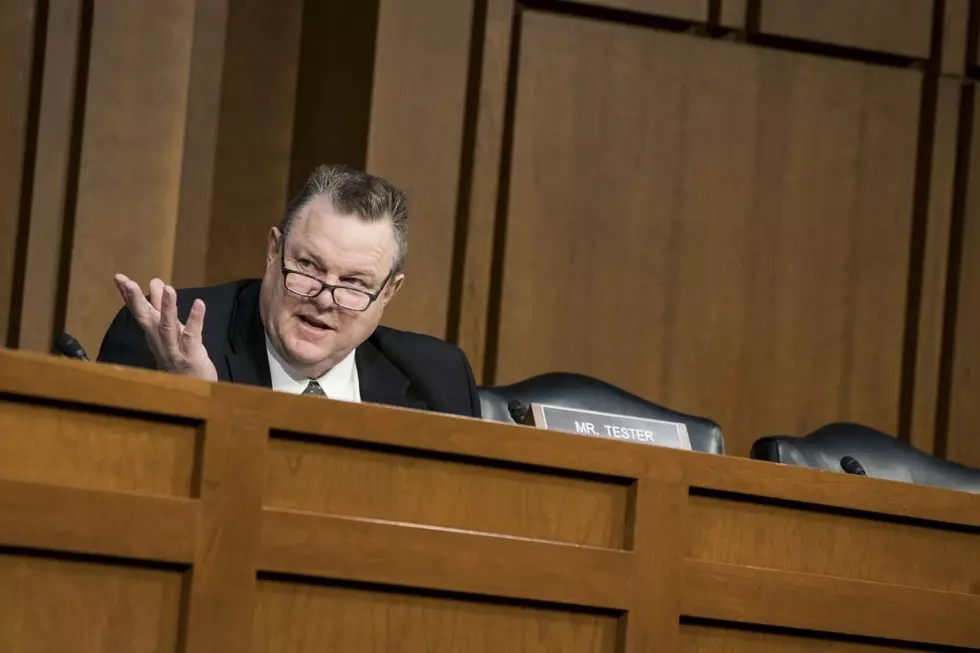
Tester: Voting rights needs action or filibuster support may end
(Daily Montanan) Montana’s senior Senator, Jon Tester, is often mentioned among the three Democrats who still support keeping the controversial filibuster rule in the Senate. The two other senators who have also publicly announced support for it are West Virginia’s Joe Manchin III and Arizona’s Kyrsten Sinema.
However, in an interview with the Daily Montanan on Thursday, Tester said for the time being he’ll support the filibuster, which requires a 60-vote supermajority of the 100 senators to pass most business.
But that support is not unlimited, and a key measure he’s helped champion is currently being stalled by the threat of a filibuster, the Freedom to Vote Act.
“Look, I wasn’t sent to Washington, D.C., to get nothing done. And I wasn’t sent here to not debate the tough ones,” Tester said. “We all need to do what’s best for the nation.
“But I am not there yet,” he said, referring to abandoning the filibuster.
Tester is one of the sponsors of the bill and has been a staunch ally of reforming voting laws to allow full participation for casting a ballot. On Tuesday, House Minority Mitch McConnell urged every Republican senator to vote against even debating the merits of the bill, which has bounced between the House and Senate to garner bipartisan support.
“I am standing for making sure that every citizen can vote without jumping through hoops,” Tester said.
He blamed McConnell for playing partisan games with the idea of voting.
“McConnell has a real aversion to making voting easier and has told his caucus not to vote for it,” Tester said. “He’s worried about ‘federalizing’ elections, but that’s not really it. It will still be up to the states and localities. But the federal government is involved in a lot of aspects of government.”
Tester said that there is agreement on many portions of the bill, like having a paper trail for voting or even requiring identification.
While Tester has not been a part of the negotiations, he’s said that Democrats, who hold the narrowest of majorities in the Senate, have tried to work with Republicans to compromise and pass a bill that would protect voting rights. For example, Tester said Republicans have advocated identification before registration and Democrats have worked to ensure different forms of acceptable identification – something he sees as a positive for both sides.
However, Tuesday’s vote, which wasn’t on the measure itself, rather just the debate, came as a disappointment, and Tester has said that it’s one of the key pieces of legislation that needs to get done one way or another.
The other, of course, is the increasing call from many within the Democratic party to eliminate the filibuster in favor of a simple majority.
“Right now, I am focused on getting voting rights moving forward,” Tester said. “At a certain point, if we can’t accomplish that, I am going to say, ‘We have to move forward, with or without you.’”
That would mark a sea change for the Senate, which has used the rule in various ways for the past century. The filibuster rule was not something originally proposed by the founding fathers and is not enshrined in any of the keystone American documents.
Tester describes the current situation as “weaponizing the filibuster.”
“It’s discouraging,” he said. “It’s not what the forefathers had in mind, and it’s not something that (former Senate Majority Leader and fellow Montana Senator Mike) Mansfield had in mind.”
